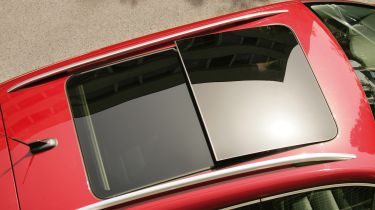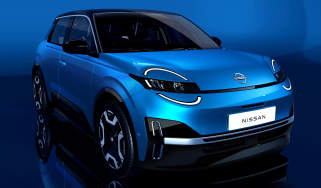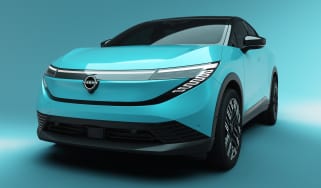New emissions rules will change how options are sold
Forthcoming new emissions tests could spell the end of individual options

Under new a testing regime, new cars will have their emissions calculated depending on the options fitted – a plan that will eventually affect how tax is calculated.
From next month, the car industry will work towards a new testing structure called World harmonised Light vehicles Test Procedure (WLTP), which replaces the current New European Driving Cycle (NEDC) test.
Under WLTP, the individual options fitted to a car will factor into the test. Each and every option will be given a CO2 figure, largely influenced by its weight, aerodynamic penalty or the amount of power it draws from the engine. This will impact heavy items such as panoramic sunroofs and larger alloy wheel sizes in particular.
While it doesn’t spell the end of individual options as such, a model could have hundreds – or thousands – of different CO2 figures depending on the number, type and combinations of options chosen.
However, buyers needn’t be concerned about an increase in road tax or company-car tax immediately. HM Treasury has said this will be used to calculate tax in the future, but hasn’t given a date.
Peter Mock, managing director at the International Council on Clean Transportation (ICCT) said: “Makers will have to generate a CO2 emissions value and weight figure for each vehicle they offer to the customer – for each variant. In order to reduce complexity, they’ll bundle packages and offer consumers only limited choice.”
SEAT is one carmaker that offers lots of options and told Carbuyer it would sell options “slightly differently” in the future, starting with the new SEAT Arona SUV. One potential route could be selling more option packs, or ensuring new models are sold ‘fully loaded’ with kit – reducing reliance on the options list.
Greg Archer, clean vehicles director at campaign group Transport & Environment, added that once WLTP is used for taxation purposes “you could end up in a situation where you can have a particular sunroof or heated seat, but that pushes it up in terms of CO2 and you finish up in a higher tax band”.
Most Popular

New Nissan Micra is a Renault 5 in Nissan clothing

New Nissan Leaf is here! Groundbreaking EV has morphed into an SUV

Best car leasing deals 2025: this week’s top PCH offers
Tips & advice

Car dashboard warning lights: what does each symbol mean?

Electric car charging stations: public networks, charger types, apps and maps






